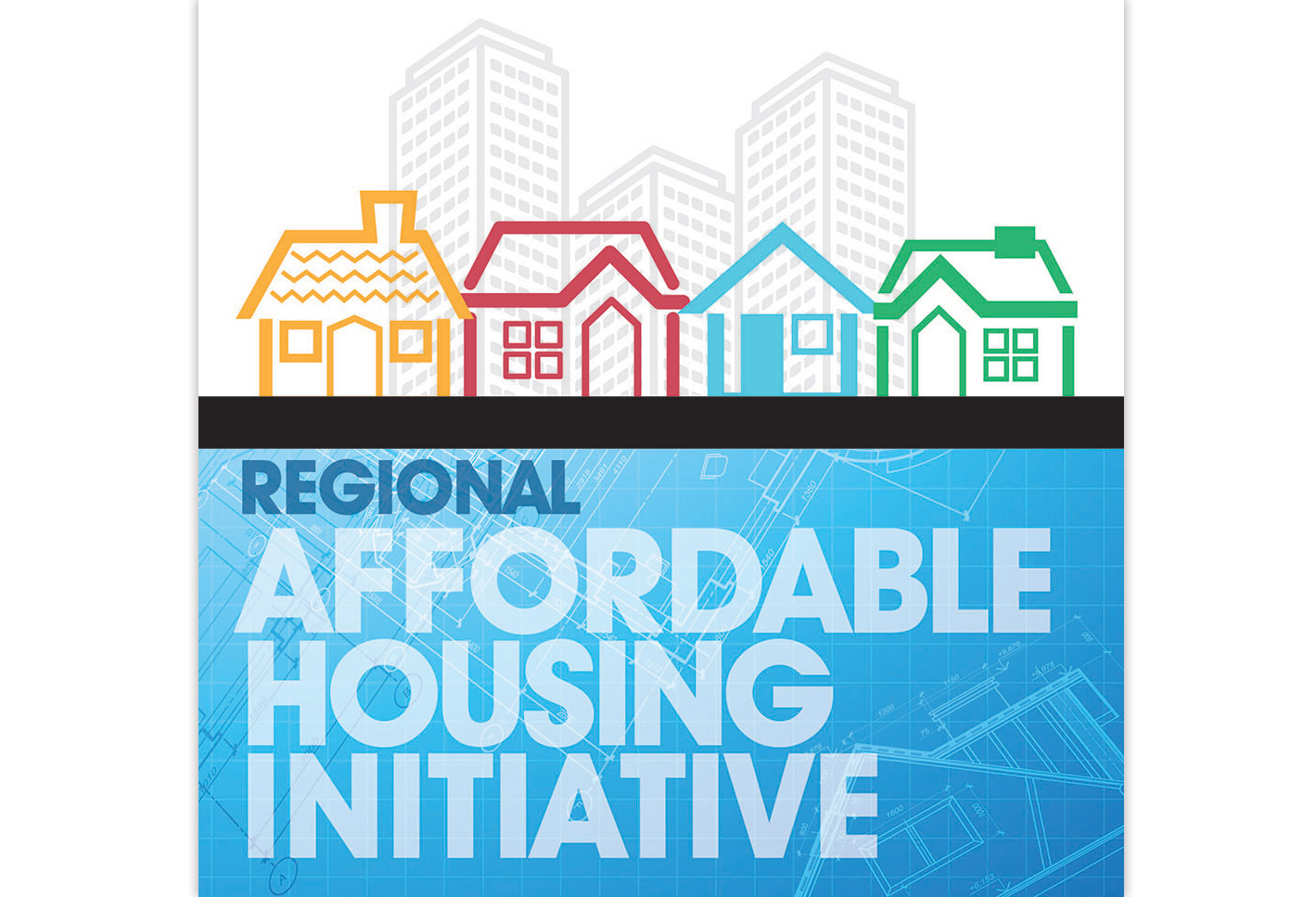
Central Florida Regional Affordable Housing Initiative Honored for 2018 Award of Excellence by the National Association for County Community and Economic Development
The National Association for County Community and Economic Development (NACCED) recently presented Orange County Government along with its partners – the City of Orlando, Seminole County Government and Osceola County Government – with the 2018 Award of Excellence for its Central Florida Regional Affordable Housing Initiative. The award was presented at the Association’s 43rd Annual Educational Conference and Training in Minneapolis, MN. The National Association for County Community and Economic Development presents the award annually to deserving counties and cities across the nation doing outstanding work in the areas of community development, economic development, homelessness, affordable housing and more.
The growing housing shortage in the Central Florida region and its effects on housing needs prompted Orange County Mayor Teresa Jacobs to gather partners from Orange, Seminole and Osceola counties and the City of Orlando to explore the merits of a broadly established affordable housing strategy. Together, these jurisdictions launched the Regional Affordable Housing Initiative to study and implement potential solutions suited to the particular housing circumstances of Central Florida and its growing population.
“On behalf of the entire Central Florida region, I am delighted to celebrate this award, as well as the tremendous work that this recognition represents,” said Orange County Mayor Teresa Jacobs. “The issue of affordable housing is crucial to the long-term success of our region, and a key reason for our collaborative, regional approach. From an economic development perspective as well as the impact to our overall quality of life, the availability of safe, high-quality housing – at an affordable rate – will be vital to the sustainability of Central Florida. We’re deeply proud of the strategic work and recommendations that have resulted from the Regional Affordable Housing Initiative.”
“Our region is known for using the power of partnership and collaborating with our other local government partners to develop a shared vision for the future of our community and we used the same spirit of collaboration to create the award-winning Regional Affordable Housing Initiative which will serve as a resource as our region continues to address the housing shortage in Central Florida,” said Orlando Mayor Buddy Dyer. “The City of Orlando is committed to ensuring that anyone who wants to call Orlando home has access to safe, high-quality housing they can afford and we’ll continue working with our local government partners to implement strategies to expand the housing inventory in Orlando.”
“Creating opportunities for more affordable housing in our community is of vital importance and Osceola County is working hard to achieve this because everyone should have a place to call home – it is also something essential that will take a united effort to accomplish,” said Osceola County Commissioner Viviana Janer. “It is gratifying that our region is being recognized for our collaboration. This award is really the result of the determination of our leadership, our collective staffs and stakeholders to move the needle in a manner that creates long-term solutions for all of Central Florida.”
The partners invested more than two years in this collaborative effort. To start the conversation with the community at large, Mayor Jacobs hosted the Regional Affordable Housing Summit on October 20, 2016. Planners, housing experts, developers, local government officials and community leaders representing the region gathered to discuss strategies, tools and best practices being implemented throughout Florida. In the subsequent months, a series of public workshops were held to further explore mechanisms of increasing the production and availability of affordable housing in the region.
The shared approach the regional partners agreed to undertake is displayed through a framework identifying regulatory alternatives, financial commitments, partnership opportunities and other resources.
Of the five goals established, the partnership has agreed to make three a top priority: create opportunities for the development of affordable housing through regulations and incentives; encourage diversity of housing types and design; and preserve the existing affordable housing stock through financial mechanisms. The jurisdiction representatives will continue to meet on a quarterly basis to share their experiences and compare their progress in addressing the housing affordability challenge of Central Florida. For more information, visit www.ocfl.net/affordablehousing.
